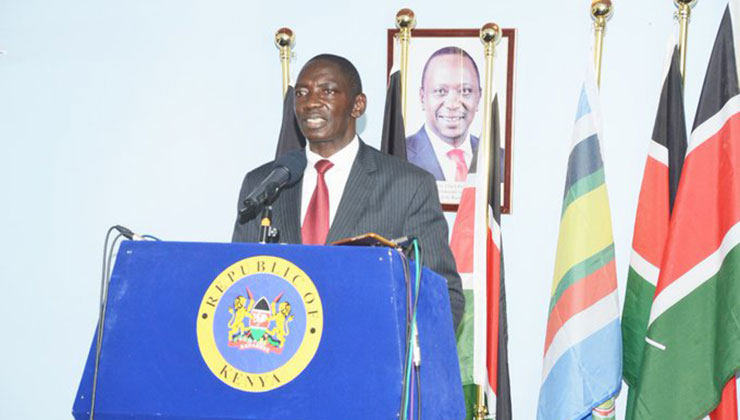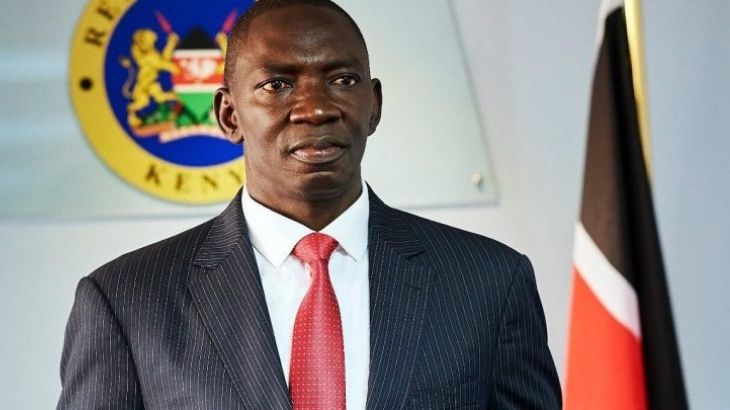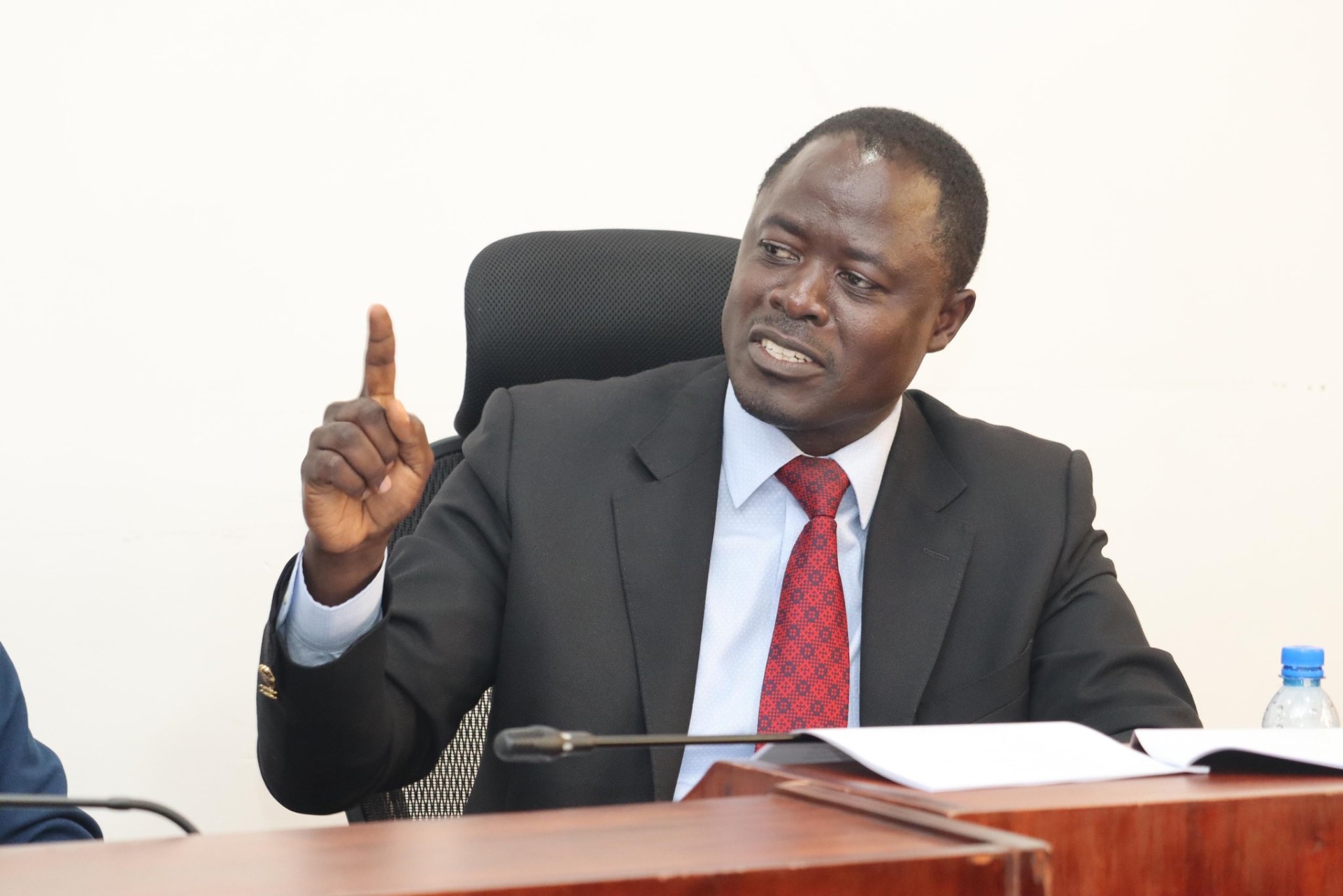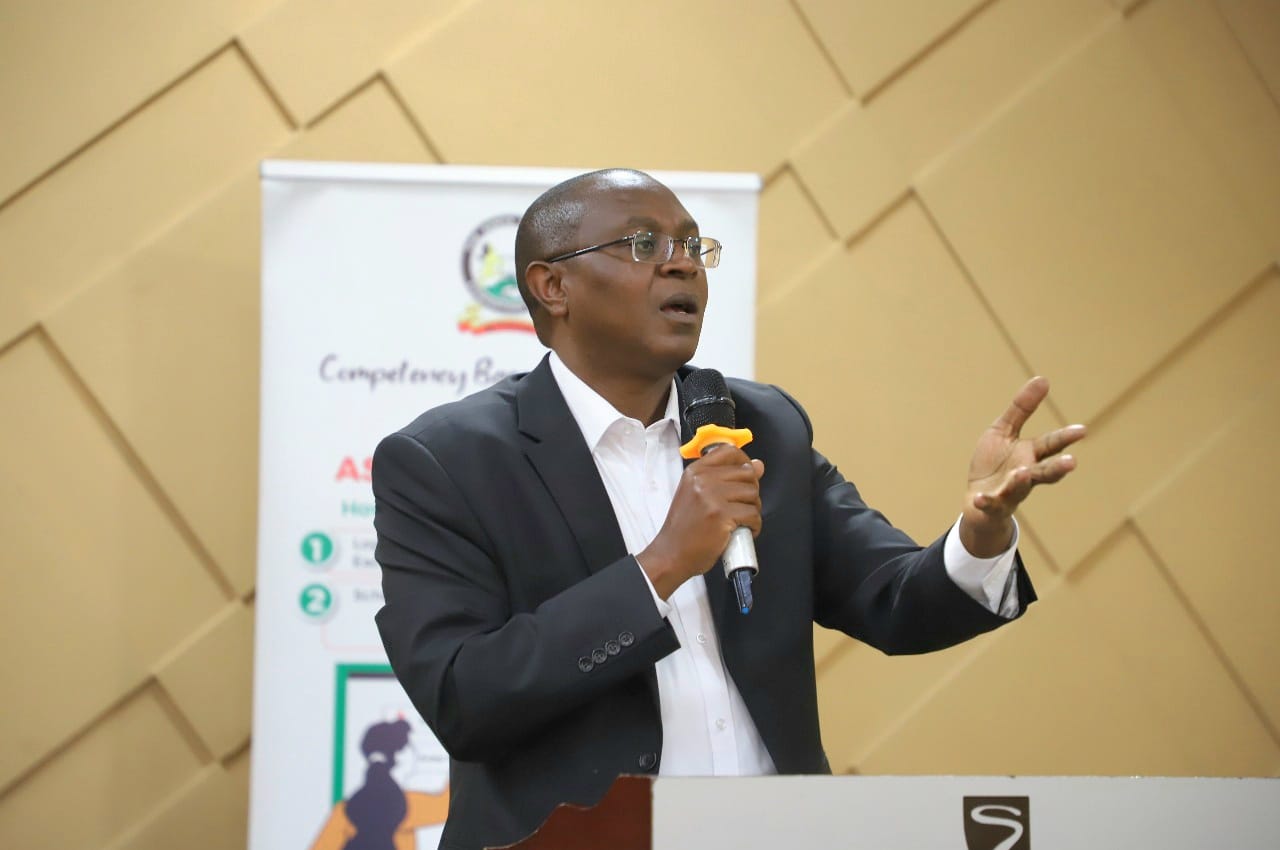21-day travel ban: Uhuru overrules Oguna
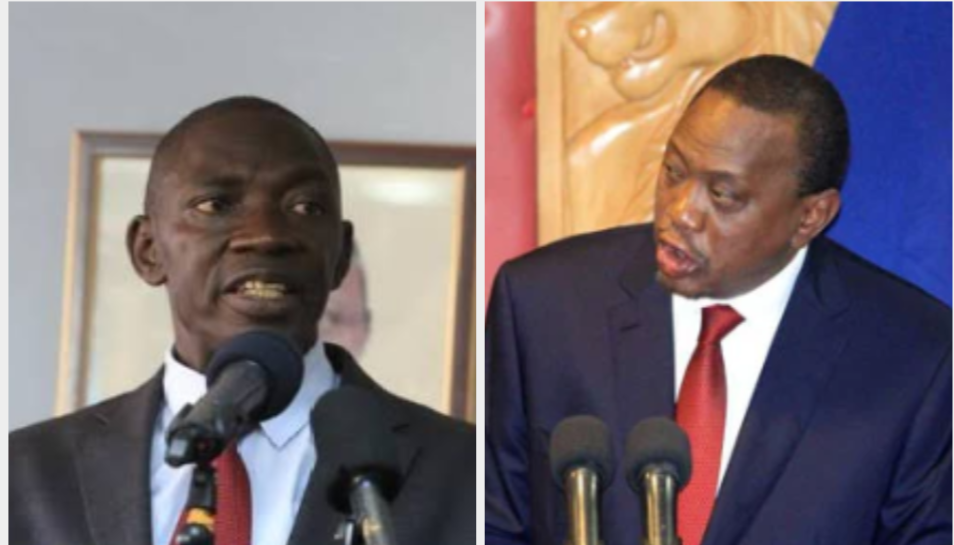
President Uhuru Kenyatta on Tuesday, April 7 said the 21-day travel ban into and out of Nairobi, Mombasa, Kilifi and Kwale counties will give room for exemptions.
Speaking to Kikuyu vernacular radio stations (Kameme, Inooro and Coro FM) on Tuesday morning, the Head of State said persons who need to traverse counties in search for medical treatment will be exempted from the travel restrictions.
President Kenyatta on Monday, April 6 announced that the ban on travel into and out of four counties, including Nairobi, Mombasa, Kilifi and Kwale, was triggered by the need to minimise the spread of coronavirus. The four counties account for a significant chunk of the 158 confirmed COVID-19 infections in Kenya.
To clarify to Kenyans on what the ban exactly meant, Government Spokesperson Cyrus Oguna on Monday evening (April 6) gave an interview to Citizen Television on the 9pm news bulletin Monday Report.
One of the questions that came up was on how the Government will treat Kenyans who live outside the four counties, but have been referred to hospitals in the four regions for advanced medical attention.
A Twitter user, Anthony Musabi, who was watching the TV programme, asked: “Can I come for my medical check-up at Nairobi’s Kenyatta National Hospital from Nakuru because Nakuru hospitals referred me to KNH? So, it is not like I have options in Nakuru.”
In response, Oguna said a resounding “no”, arguing the travel ban restriction has to be obeyed to the letter with zero or extremely minimal room for exemptions.
“It is unfortunate at this time. You will have to get treatment in Nakuru until this 21-day travel restriction is lifted,” said the Government Spokesperson.
A question of similar nature was asked by another TV viewer, who posed: “Does it mean that if one has a patient who was admitted in one of the hospitals in Nairobi, and is due for discharge either today (Monday, April 6) or tomorrow (Tuesday, April 7), the patient will have to remain in hospital over the next 21 days, and if yes, at whose cost?”
Again, Oguna said that recovered patients won’t be allowed to travel outside Nairobi in strict compliance with the travel ban.
“We will not open a window for this directive to be flouted. If you open a window, then you might just open the doors. If you have a patient that is being discharged tomorrow (Tuesday), it is unfortunate that tomorrow is already within the 21-day restriction period, and if that patient is your relative, then you will have to make arrangements so that he or she gets accommodated within Nairobi. There is no turning back on this [ban]. This is not for the benefit of two or three people, it is for the benefit of 47 million Kenyans.”
However, President Uhuru Kenyatta, while speaking to Kikuyu vernacular radio stations Tuesday, overruled the Government Spokesperson’s school of thought — that the directive rigidly applies to everyone, including the persons traversing counties in search for medical assistance.
President Kenyatta said directives are issued to help the people, and “not to punish them”.
“The measures we have formulated are not meant to punish Kenyans, but to prevent the spread of this dreaded virus. Anyone who wishes to travel to Nairobi, and has a valid reason, I have instructed State officers, including police, to facilitate that that movement; no one should be oppressed,” said the Head of State.
“For example, if one is to travel from Nyeri to the KNH in Nairobi, or any other hospital in the capital, police or anyone in position of authority, should not stop that person from travelling. The persons we are stopping [from travelling] are those entering the metropolis without a genuine reason ,” he added.
Burials
Besides stating how the Government will treat ailing persons, Oguna, in the Citizen Television interview, also advised bereaved persons, whose loved ones died in any of the four counties, to bury them in the counties in which they died, and not to transport the body to any other county for burial.
“For anybody who might be having a body to bury out of Nairobi, essentially what the directive means is that the body will have to be buried here (Nairobi). We cannot risk the lives of those people who are out of Nairobi Town. For those who are unable to afford burying their loved ones in Nairobi, the Government is looking at the possibility of subsidising costs and helping out where necessary,” said Oguna.
Essential services providers
The spokesperson also stated that the ban will apply to everyone, including those listed as essential services providers, who are exempted from the dusk-to-dawn curfew.
Oguna was responding to the TV host Trevor Ombija’s question, in which he asked whether essential services providers, including doctors and other medical officers, were exempted from the travel ban.
“If somebody works in Nairobi, and he is a doctor who lives in let us say Kajiado. That doctor offers essential services, and he can be allowed to move in and out of counties neighbouring Nairobi. However, [in the case of] a doctor moving way out of Nairobi Town, that won’t be allowed,” said Oguna.
“You either work in Kajiado, [Kiambu, Machakos et al] or your employer gets you accommodation in Nairobi Town. It is very, very clear. We cannot allow people to move in and out of Nairobi [at will], then we will be making nonsense out of this directive. The advice here is this, if you are working in Nairobi and are living outside Nairobi, then you either make arrangements to stay within Nairobi for 21 days or make arrangements with your employer so that you can be able to work from home,” added the Government spokesperson.
Oguna further emphasised that the rule applied to “anybody who has gone out of Nairobi Town, and the 21-day anti-travel order finds him or her out there”.
“He or she will have to find an alternative accommodation arrangement in the county he or she was in when the travel ban came into effect,” said Oguna.
Breast-feeding mothers
In the entire 45-minute interview, the spokesperson only offered flexibility of travel to one case: a breast-feeding woman, who had travelled out of Nairobi for work-related reasons, but was to return to the capital when the ban had already been implemented.
A Twitter user, Evans Kipkura, revealed the woman was his wife.
“My wife is breast-feeding. She went for a job meeting in Naivasha today (Monday, April 6), and she is supposed to return tonight. What happens to us now?” posed Kipkura.
In response, Oguna said: “That is a quite unfortunate situation. It is very delicate as well, given it involves a young child. Indeed that is a situation that may be looked on its own merit. If you have a child that is one year or below who requires the mother’s attention, then the mother will be subjected to coronavirus tests before she is allowed to get back to her county of residence.”
President Kenyatta on Monday announced that no persons will be allowed to travel to and out of Nairobi beginning 7pm Monday, April 7.
Movement of people to and out of the other three counties (Mombasa, Kilifi and Kwale) will be prohibited beginning Wednesday, April 8 at 7pm.
The directive, however, does not apply to cargo and farm produce vehicular movement.
Persons within the four counties can, however, move in the counties, but with strict observance of the 7pm to 5am curfew.

